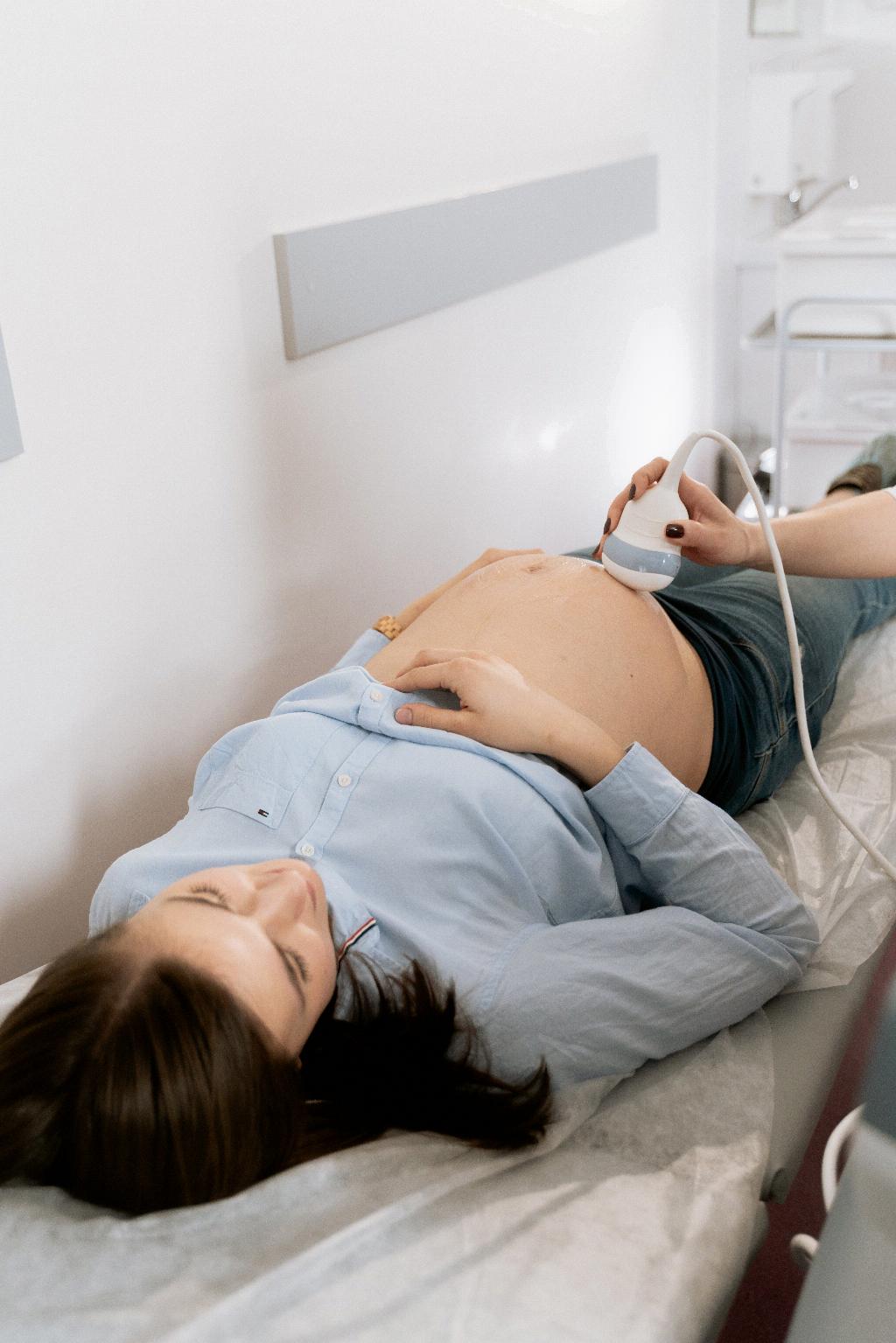During pregnancy, it is crucial to pay close attention to the foods you consume to ensure the health and well-being of both you and your baby. One commonly questioned item is linseed, also known as flaxseed. Let’s delve into whether incorporating linseed into your diet is safe during pregnancy.
Nutritional Benefits of Linseed
Linseed is renowned for its nutritional benefits, primarily due to its high content of omega-3 fatty acids, fiber, and lignans. Omega-3 fatty acids play a vital role in fetal brain development, making linseed a potentially valuable addition to a pregnant woman’s diet.
Potential Concerns during Pregnancy
While linseed offers numerous health benefits, there are certain factors to consider during pregnancy. One concern is the potential interaction of linseed with hormone levels, which could impact pregnancy outcomes. It is advised to consult with a healthcare provider before significantly increasing your linseed intake.
Moderation is Key
As with many foods during pregnancy, moderation is key when consuming linseed. While it can be a nutritious addition to your diet, excessive consumption may lead to unwanted side effects. It is recommended to adhere to moderate portions to avoid any adverse effects on your pregnancy.
Omega-3 Fatty Acids in Linseed
The omega-3 fatty acids found in linseed are beneficial for heart health and may have a positive impact on inflammatory conditions. However, pregnant women should be mindful of the source of omega-3s they consume, opting for those that are well tolerated and safe during pregnancy.
Lignans and Pregnancy
Lignans, which are phytoestrogens present in linseed, have been studied for their potential role in hormone balance. While these compounds may offer health benefits to some individuals, their effects during pregnancy are not yet fully understood. It is best to consume lignans in moderation.
Consulting with a Healthcare Provider
Before making any significant changes to your diet during pregnancy, it is essential to seek guidance from your healthcare provider. They can offer personalized advice based on your individual health status and pregnancy needs, ensuring the safety of both you and your baby.
Considering Dietary Variability
Every individual’s nutritional needs during pregnancy can vary based on various factors such as age, weight, and overall health. While linseed can be a nutritious choice for some pregnant women, others may benefit from alternative sources of essential nutrients.
Monitoring Potential Allergies
As with any food, there is a risk of allergic reactions to linseed. If you have a history of allergies, particularly to seeds or nuts, it is essential to exercise caution when introducing linseed into your diet during pregnancy. Be aware of any adverse reactions and seek medical attention if necessary.
Exploring Alternative Options
If you have concerns about incorporating linseed into your pregnancy diet, there are various alternative sources of essential nutrients to consider. Consulting with a nutritionist or dietitian can help you explore suitable substitutes that align with your dietary preferences and health goals.
Final Thoughts on Linseed and Pregnancy
In conclusion, the safety of consuming linseed during pregnancy can vary depending on individual circumstances. While it offers notable nutritional benefits, it is essential to approach its consumption with caution and moderation. Consulting with a healthcare provider and monitoring your body’s response can help determine if linseed is a suitable addition to your prenatal diet.

